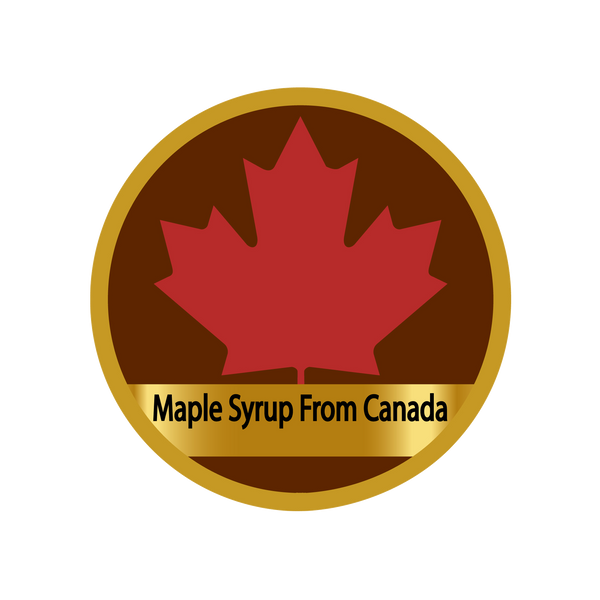Maple syrup production is an art that relies on the sustainable and organic tapping of maple trees. For producers seeking Ecocert Organic Certification, adhering to specific guidelines is crucial to maintain the integrity of both the trees and the syrup they yield. In this article, we explore the necessary diameter for tapping maple trees under the Ecocert Organic Certification, ensuring a responsible and environmentally conscious approach to maple syrup production.
Ecocert Organic Certification Overview:
Ecocert is a leading certification body that provides organic certification for agricultural products, including maple syrup. Under Ecocert Organic Certification, producers commit to sustainable practices that minimize environmental impact and prioritize the health of ecosystems.
Diameter Guidelines for Tapping:
Ecocert's guidelines emphasize the importance of responsible tapping to prevent harm to maple trees. Typically, the recommended diameter for tapping a maple tree is a minimum of 10 inches (25 centimeters). This guideline helps ensure that the tree can effectively recover from tapping stress and continue to thrive.
Protection of Tree Health:
Tapping a tree with a sufficient diameter reduces the risk of causing long-term harm. Smaller trees may struggle to regenerate sap, impacting both their health and the quality of the maple syrup produced. Maintaining a minimum diameter requirement protects the overall health and vitality of the maple trees.
Sustainable Sap Extraction:
Ecocert places a strong emphasis on sustainable sap extraction methods. By tapping trees with an appropriate diameter, producers contribute to the long-term sustainability of maple syrup production, preserving forests and supporting biodiversity.
Reduced Impact on Forest Ecosystems:
Larger diameter trees have a greater capacity to withstand tapping, minimizing the impact on the forest ecosystem. This ensures that the maple syrup production process aligns with Ecocert's goal of maintaining ecological balance within the certified organic areas.
Monitoring and Record-Keeping:
Producers seeking Ecocert Organic Certification must implement monitoring systems and maintain detailed records of tapping activities. This includes information on the diameter of tapped trees, ensuring compliance with Ecocert guidelines and facilitating traceability.
Educating Producers:
Ecocert not only sets standards for certification but also emphasizes the importance of producer education. Informing maple syrup producers about the significance of tree diameter in tapping practices encourages widespread adoption of sustainable methods.
Market Recognition and Consumer Trust:
Maple syrup producers with Ecocert Organic Certification gain market recognition for their commitment to environmentally friendly and sustainable practices. Consumer trust is strengthened as eco-conscious individuals seek products that align with their values.
Adapting to Local Conditions:
Ecocert recognizes the importance of adapting guidelines to local conditions. Producers in different regions may face varying ecological challenges, and Ecocert's flexible approach allows for responsible tapping practices that consider local ecosystems.
Continuous Improvement:
Ecocert promotes a culture of continuous improvement, encouraging maple syrup producers to explore innovative, sustainable techniques that further minimize environmental impact while meeting the highest organic standards.
Tapping maple trees under the Ecocert Organic Certification involves a careful balance between sustainable practices and high-quality maple syrup production. Adhering to the recommended diameter guidelines ensures that producers contribute to the long-term health of maple trees, uphold ecological balance, and meet the stringent standards set by Ecocert for organic certification in maple syrup production.

